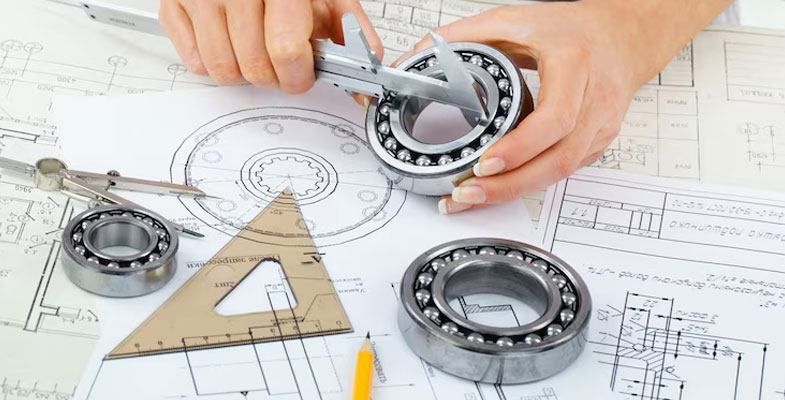Our Services
Contact Us

Detailed engineering is a phase of the engineering design process that focuses on creating comprehensive and detailed plans, specifications, and documentation for the construction or manufacturing of a project. It is an essential step that follows the conceptual and basic engineering phases and precedes the actual construction or production activities.
During the detailed engineering phase, engineers and designers work on translating the conceptual and basic design into practical and actionable plans. They consider various technical, operational, and regulatory requirements to develop detailed designs, drawings, and specifications that are ready for implementation.
Here are some key aspects of detailed engineering:
- Design Development: Engineers develop detailed designs, considering all the technical requirements, constraints, and specifications. This includes creating detailed drawings, schematics, and layouts for different components, systems, or structures.
- Material and Equipment Specifications: Detailed engineering involves specifying the materials, components, equipment, and systems required for the project. Engineers identify the appropriate specifications, standards, and quantities of materials needed for construction or production.
- Technical Calculations and Analysis: Engineers perform detailed calculations and analyses to ensure the feasibility and integrity of the design. This may include structural analysis, stress analysis, fluid flow calculations, electrical load calculations, and other relevant engineering calculations.
- Equipment and Instrumentation Selection: Engineers select the appropriate equipment, machinery, and instrumentation required for the project. They consider factors such as performance, capacity, efficiency, and compatibility with the overall design.
- Cost Estimation: Detailed engineering involves estimating the project’s costs, including material costs, labor costs, equipment costs, and other expenses. This helps in budgeting and resource planning for the project.
- Regulatory Compliance: Engineers ensure that the detailed design and engineering plans comply with relevant codes, standards, and regulations. This may include local building codes, environmental regulations, safety standards, and industry-specific guidelines.
- Documentation and Reporting: Detailed engineering generates comprehensive documentation, including technical specifications, bill of materials, equipment datasheets, engineering reports, and other relevant documentation. This documentation serves as a reference for construction, procurement, and quality control activities.
The output of the detailed engineering phase forms the basis for construction, manufacturing, or procurement activities. It provides the necessary information and instructions for contractors, fabricators, and suppliers to carry out the project. Detailed engineering plays a crucial role in ensuring the successful execution of the project by minimizing errors, optimizing costs, and improving overall efficiency.
